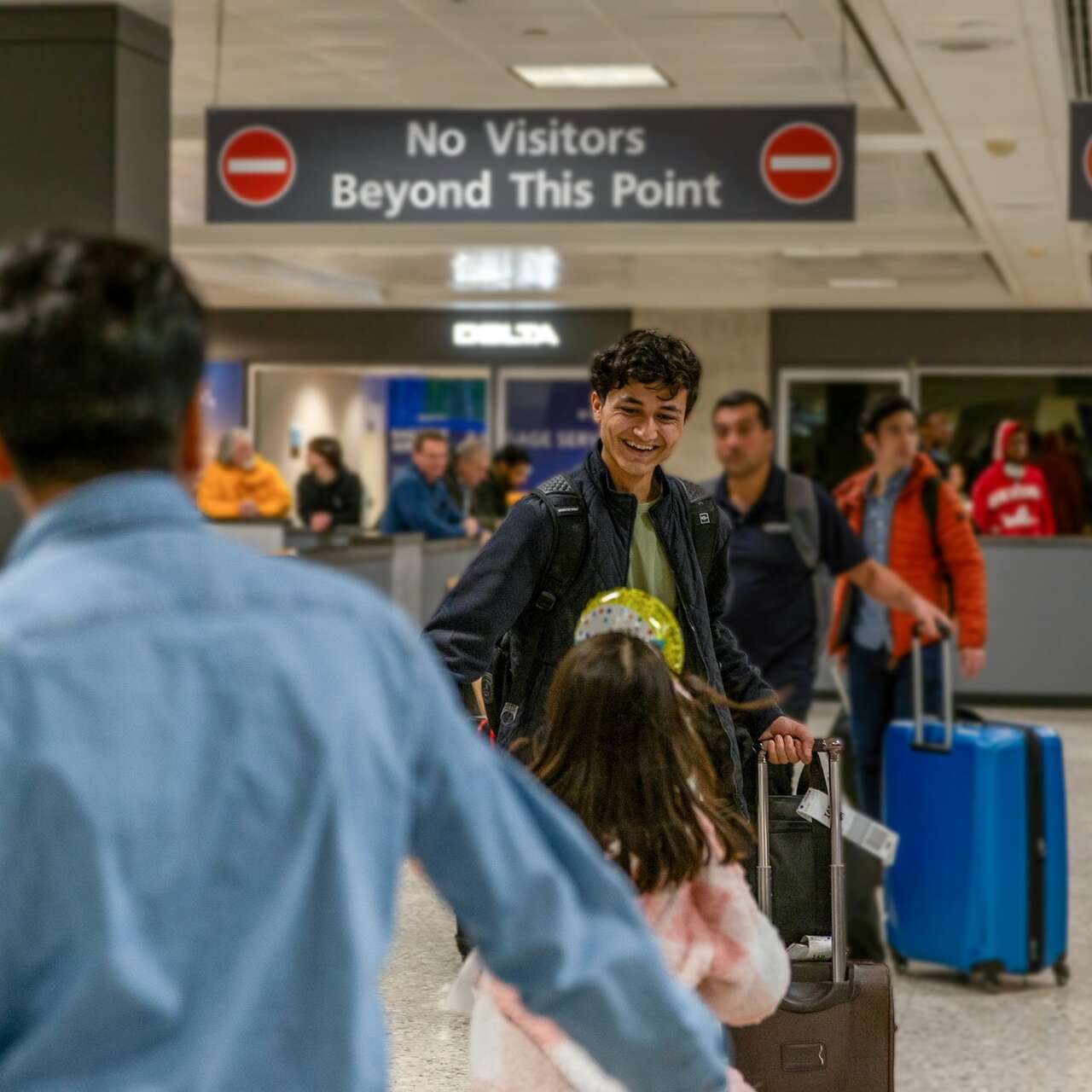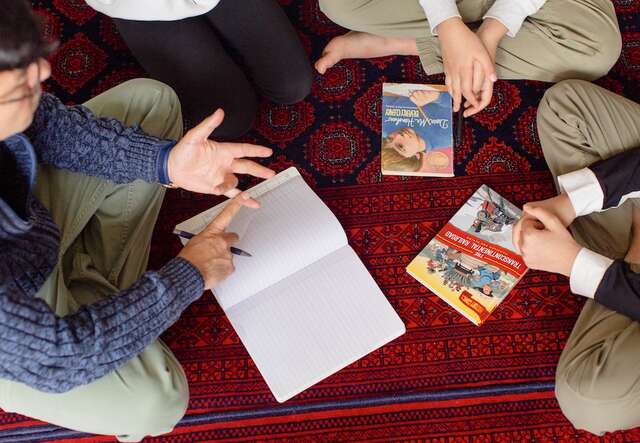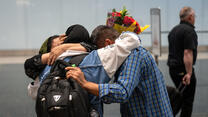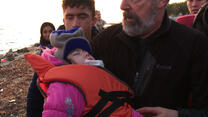
In a heartwarming reunion earlier this year, Faiz embraced his 20-year-old son, Wasiqullah, for the first time in over four years. This emotional moment marked the end of a long and difficult journey that began when the Taliban took control of Afghanistan in 2021.
A leader’s sacrifice
Faiz, a former deputy governor of Badghis Province in Afghanistan, dedicated his career to advancing equal rights and creating opportunities, particularly for women. "I had two responsibilities in Afghanistan: my family and my people," he reflects. One of his proudest achievements was opening a women’s business center, helping women gain economic independence.
When the Taliban seized power, Faiz was forced to make an impossible decision. With little more than his phone and the clothes on his back, he fled to the United States with his eldest son, Naqibullah, leaving behind his wife and three children, including Wasiqullah.
Starting over in America
Resettled by the International Rescue Committee (IRC) in Salt Lake City, Faiz and Naqibullah were determined to begin again. "When you come from Afghanistan, everything is different," Faiz explains. The IRC provided critical support, helping Faiz navigate daily life in a new country. They taught him essential skills, from grocery shopping to getting a driver's license, ensuring he could manage basic life tasks independently.
Despite these challenges, Faiz’s focus never wavered—he was determined to reunite his family.

A family divided
With the help of IRC legal representative Pedro Moncada, Faiz was successfully reunited with his wife and six children in the United States. By 2024, there was just one family member left: Faiz's son Wasiqullah, who remained in Pakistan waiting for his visa to be approved.
The separation was especially tough on Wasiqullah, a serious and driven teenager facing an uncertain future in Pakistan. While living in shared housing with friends in Islamabad, he stayed focused on his education. Every day, he attended computer and English courses, sharing his progress with his father.
"He wants to be an engineer," Faiz says proudly. "He knows English and computers. He is serious about education."
Despite these challenges, Wasiqullah held onto the hope that he would one day be reunited with his family. Faiz, determined to bring his son to safety, worked closely with legal counsel in the U.S., holding onto the hope that America would provide his son with the stability and opportunities to build the future he dreamed of.

Overcoming obstacles
The family’s reunion faced further challenges when the Trump administration paused refugee admissions in 2025. "We’re not feeling optimistic," Pedro shared at the time, concerned about how the pause would affect Wasiqullah’s case.
Despite these hurdles, Wasiqullah’s follow-to-join asylee’s visa was eventually approved. At last, he could join his family in the U.S.
A new beginning
Now settled in the U.S., the Hatef family is finally together and focused on building their future. "When you are with your family, life becomes easy," Faiz says. "We help each other, we support each other." Their story is a powerful reminder of the human cost of conflict and the life-changing impact of family reunification. Watch the emotional family reunion unfold below.
The IRC’s commitment
The IRC remains steadfast in its mission to reunite refugee families and help them rebuild their lives in safety and dignity. As Pedro explains, "We want families to be together here in the United States, away from harm."
While Faiz’s family’s journey has led to a happy ending, countless others remain separated from their loved ones.
The IRC continues to advocate for policies that support family reunification and provide refugees with the opportunity to build safe, hopeful futures. Together, we can help more families thrive.
With your support, more families like Faiz and Wasiqullah can be reunited. Every donation makes a difference in bringing loved ones together after years of separation.



